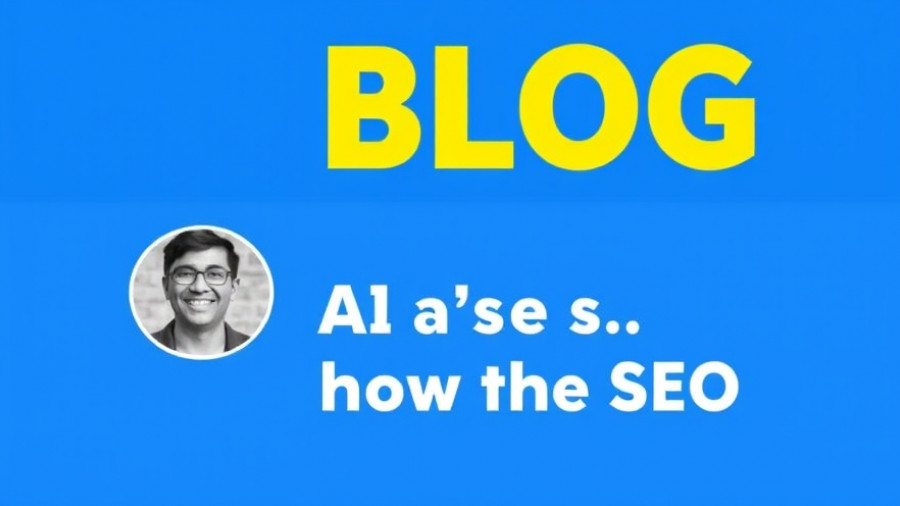
SEO Tools vs. AI: What’s the Real Story?
In the digital marketing arena, there’s been a recent whirlwind of discussions on whether AI can wholly substitute paid SEO tools. One LinkedIn post stirred the pot, suggesting you could save thousands by just using a handful of ChatGPT prompts instead. With over 500 likes and 400 comments, it resonated with many, but seasoned SEO experts were left shaking their heads. Is it ragebait, or is there a grain of truth?
Let’s get to the heart of the matter: no, ChatGPT cannot perform SEO. While it can generate discussions, simulate expertise, and even concoct figures on keyword performance, those numbers often lack accuracy. They’re pure estimates without the backing of real-time data, resembling a magic trick more than a strategic approach. Consider this: if someone claimed to guess the number of penguins in your fridge, you’d likely raise an eyebrow. So why trust vague keyword metrics from a language model?
The Mechanics Behind AI Limitations
To appreciate why AI like ChatGPT struggles with SEO, it’s essential to understand how these large language models (LLMs) operate. Trained on vast text datasets, they excel in predicting textual patterns but lack access to live metrics on search volume, ranking behaviors, and backlink growth. When ChatGPT offers keywords with monthly searches or difficulty scores, they're little more than educated guesses drawn from past data instead of actual search behavior.
At platforms like Ahrefs, however, the story is different. With a robust web crawling system and extensive keyword database, Ahrefs provides real, actionable insights, informed by the most current data. Their API allows AI tools to leverage this information, creating a bridge between the raw data and language models.
Connecting AI with Real Data: A New Frontier
The exciting news is that AI isn’t inherently incapable of assisting with SEO; it’s just that it needs reliable data sources. Enter the Model Context Protocol (MCP) by Ahrefs, allowing tools like ChatGPT and Claude to pull live metrics directly from its vast database. This connection enriches AI capabilities, transforming it from a mere suggestion engine into a powerful ally for SEO campaigns.
Now that we have this integration, imagine using ChatGPT to identify ranking gaps between your site and competitors. Instead of relying on guesswork, you’ll get precise metrics that inform your strategy—real insights into your competitors’ keywords and gaps that you can exploit.
Practical Applications of Combining AI and SEO
So, how can marketers effectively utilize this intersection of AI and SEO? Let’s explore some practical strategies:
1. Streamlined Keyword Research
Using AI-driven keyword tools, marketers can cut through the noise of irrelevant suggestions and focus on high-potential keywords. For example, an AI might analyze trends and customer behaviors, suggesting targeted long-tail keywords that boost conversion rates.
2. Enhanced Content Creation
Content is king in SEO, and AI can help streamline this process. Tools that combine AI with SEO can aid in creating relevant blog topics, generating outlines, and ensuring that the content resonates with target audiences. Writers can focus on creating high-quality content instead of getting lost in optimization minutiae.
3. Dynamic SEO Performance Tracking
AI tools simplify tracking the effectiveness of SEO strategies in real-time. They continually adjust based on user interactions and current trends, providing marketers with the data needed to pivot strategies instantly rather than waiting for quarterly reports.
The Future Of SEO: Predictions and Trends
As technology continues to evolve, the role of AI in SEO is set to proliferate. Expect to see growth in:
1. Voice Search Optimization
AI’s role in optimizing content for voice searches will become critical as more consumers rely on voice-activated assistants.
2. Ethical AI Use in SEO
Transparency surrounding the algorithms used will be paramount. Companies will need to establish trust in how they utilize AI tools for SEO purposes to uphold integrity and compliance.
3. Personalization Techniques
As AI systems learn from individual behaviors, providing personalized experiences will enhance conversion rates. Tailored content will evolve with users’ preferences, creating a more engaging experience and boosting brand loyalty.
Conclusion: The Human Touch Remains Essential
At the end of the day, while AI can significantly enhance and elevate SEO practices, it cannot replace the essential human insight necessary to interpret data and devise strategies. Integrating reliable data with AI tools will unlock new potential but still requires the nuanced touch of human marketers.
So, SEO professionals, as you navigate the digital landscape, embrace AI's capabilities while keeping your eyes peeled for accurate, reliable data to leverage. And remember, don't let a handful of fancy sentences fool you; always verify the insights you're acting on. Embrace technology, but don't let it lead you astray!
 Add Row
Add Row  Add
Add 




Write A Comment